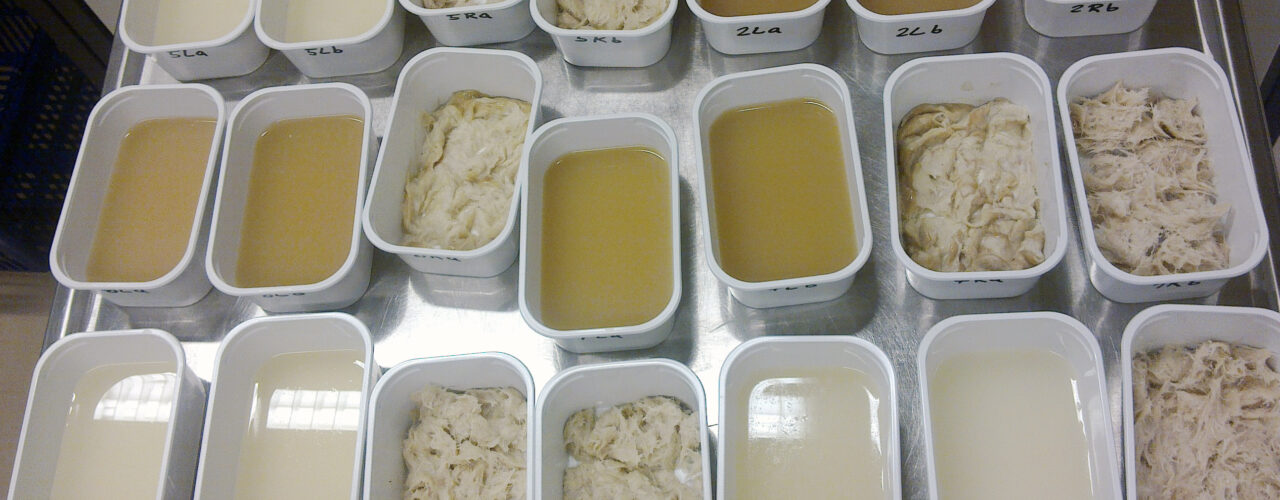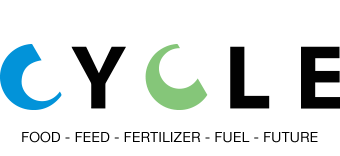
Total Utilization of Raw Materials in the Supply Chain for Food with a Bio-economical Perspective (CYCLE) )

CYCLE is an interdisciplinary project with a bio-economic perspective, studying both marine and agricultural value chains. The project aims at improving the resource utilization in Norwegian food chains by developing novel technology and innovative, sustainable approaches. CYCLE integrates disciplines such as food safety, sustainability, sensor & automation technology, logistics and animal nutrition. Food co-streams that are not appropriate for human food consumption are utilised as feed, fertilizers or energy. Recycling of local resources is of special interest in organic farming, where organic matter and nutrients should circulate in the farming system, producing a surplus to be sold as food. Current linear, industrially designed food models should be replaced by cycling systems. In cooperation with NIBIO, NORSØK leads a work package on feed and fertilisers. Hydrolysation of chicken feathers, and hydrothermal carbonification of residues after anaerobic digestion to produce biochar for soil amendment are two examples of CYCLE activities managed by NIBIO and NORSØK.

Hydrolysation of chicken feathers, and hydrothermal carbonification of residues after anaerobic digestion to produce biochar for soil amendment are two examples of CYCLE activities managed by NIBIO and NORSØK.
READ MORE ON www.cycleweb.no
In the CYCLE project, co-streams of vegetables and potatoes were utilized for smoothies, protective films and enriched silage. Take a look!
